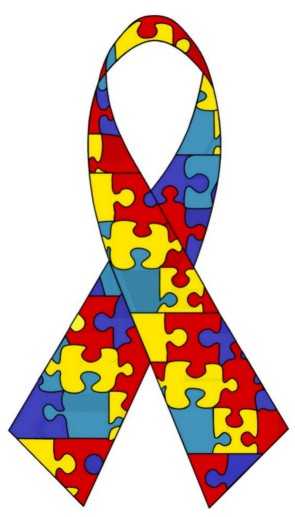 Researchers at Aalborg University in Denmark studied the effects of improvisational music therapy on attention behaviors in autistic pre-school children.
Researchers at Aalborg University in Denmark studied the effects of improvisational music therapy on attention behaviors in autistic pre-school children.
First, the details.
- Improvisational music therapy was compared to play sessions with toys.
- Standardized tools and DVD analysis were used to evaluate behavioral changes in the children.
And, the results.
- Improvisational music therapy was more effective at facilitating attention behaviors and non-verbal social communication skills in children.
- There were significantly more and lengthier eye contact and turn-taking during improvisational music therapy compared to play sessions.
The bottom line?
In earlier studies, improvements in behavioral skills had not been reported.
The Cochrane Collaboration reviewed music therapy for autism in 2006. Three small studies examined the short-term effects of brief music therapy (daily sessions over one week).
The reviewers found that music therapy was superior to placebo with respect to verbal and gestural communication skills (as reported in this latest study), although changes in behavioral problems were not significant.
7/2/08 21:12 JR